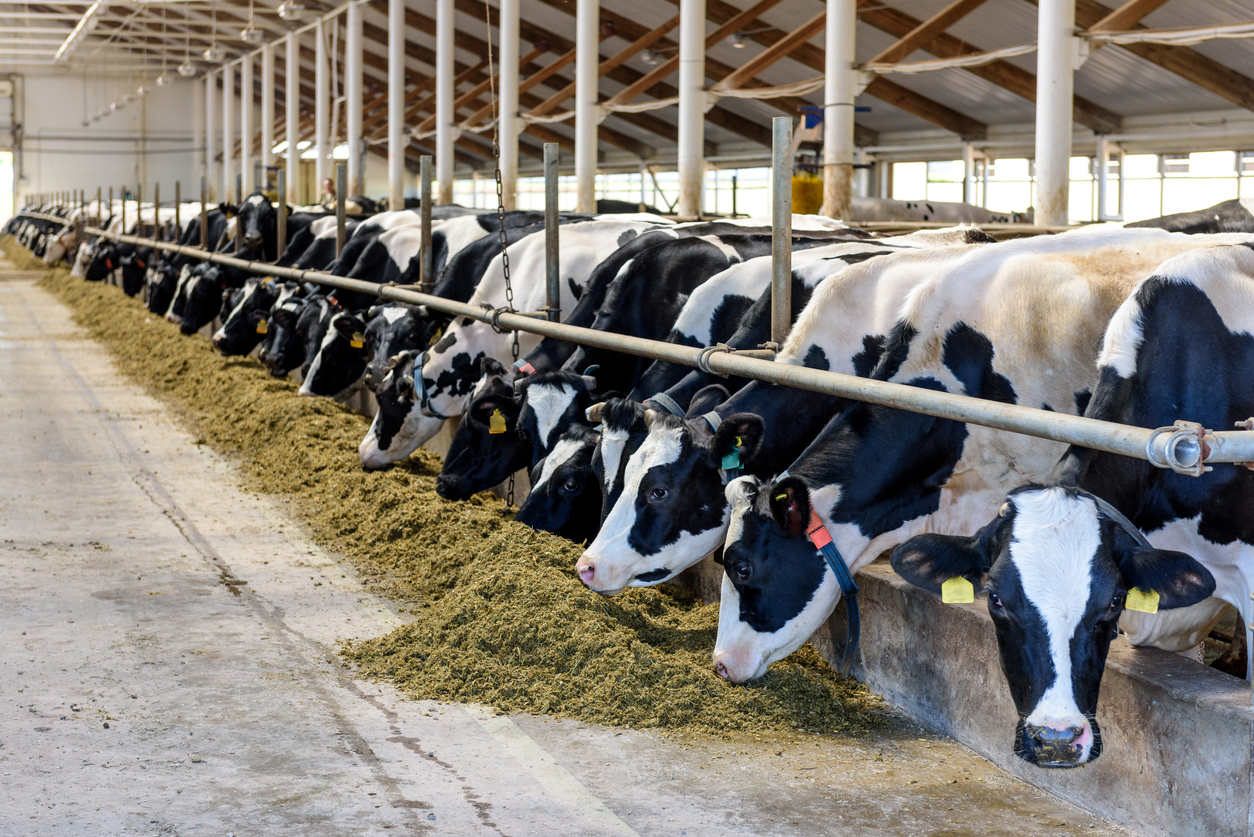An Overview of Livestock Farms in Nigeria: Challenges and Opportunities
An Overview of Livestock Farms in Nigeria: Challenges and Opportunities
Nigeria is home to an abundance of natural resources, including a healthy livestock farming industry. From cattle and goats to sheep and poultry, livestock farms provide a significant source of income across the country. However, these farms are often plagued by a variety of challenges, including inadequate infrastructure and limited access to resources. Unfortunately, these issues can have a negative impact on the livestock industry’s ability to produce and distribute quality products. Despite these challenges, there are also great opportunities for livestock farmers in Nigeria. With the right investments and support from the government, the livestock industry can be a major contributor to the country’s economic growth and development. In this article, we will provide an overview of the current state of livestock farming in Nigeria and discuss both the challenges and opportunities in the industry.
Overview of Livestock Farms in Nigeria
Nigeria is one of the top producers of livestock in Africa, with the potential for even greater production. The country is home to a wide variety of livestock species, ranging from large-scale commercial farms to small-scale backyard operations involving goats, sheep, and poultry. Livestock farming is a highly profitable business, offering high return-on-investment and creating high-quality products that meet the needs of local consumers. Additionally, livestock farming is an important part of the Nigerian economy, with an estimated annual revenue in excess of $11 billion. Livestock exports account for approximately 35% of this revenue, with Nigeria being the second largest exporter of livestock in Africa.
Challenges Facing Livestock Farms in Nigeria
The growth of livestock farming in Nigeria has been limited by a number of challenges. Investigators have identified inadequate infrastructure, low investment, and limited access to resources as the primary barriers that livestock farmers face. Many of the challenges are the result of poor management practices, inadequate government cooperation, and a lack of proper funding. This has led to a poor reputation for the industry and has created a negative image for livestock products. Inadequate infrastructure is a significant barrier to growth for livestock farmers in Nigeria. Many farmers do not have access to water for animals, feed for livestock, or proper land for farming. As a result, farmers often turn to poor management practices in order to keep their operations afloat. Poor management practices lead to a lack of proper hygiene in farming areas and contribute to the country’s image as an importer of contaminated goods. Inadequate infrastructure is also one of the leading causes of the high mortality rate in young livestock. This low survival rate not only harms farmers’ revenue, but also deprives the country of significant revenue that could be generated through livestock exports.
Limited Access to Resources
Livestock farmers in Nigeria lack sufficient access to technology that can help improve productivity and create a safer environment for both humans and animals. This lack of access is partially the result of low investment, which limits the ability of farmers to purchase necessary equipment and supplies. However, it is also due to the limited ability of the government to provide assistance to the livestock industry. Inadequate communication between the government and livestock farmers has led to a lack of access to technology that could greatly improve the quality of products and productivity. Limited access to technology has also contributed to the poor country of hygiene in farming areas, which can have a significant impact on the overall image of the industry.
Low Investment
Livestock production is a long-term investment with significant upfront costs. Farmers often make significant sacrifices in order to obtain the capital necessary to start a new or improve an existing operation. However, the country’s lack of a sustainable investment environment has made it difficult for livestock farmers to obtain the necessary funds. Insufficient government investment in the industry has led to a lack of accessible capital for farmers, creating a significant challenge for the long-term growth and development of the industry. In addition to limited government investment, the high interest rates on loans often make it difficult for farmers to obtain sufficient funding for their operations. Low investment has played a significant role in the limited access to technology available to livestock farmers in Nigeria. With limited ability to invest in necessary equipment, many farmers have been unable to create a safer environment for both humans and animals. The result has been an increased risk of contamination.
Opportunities for Livestock Farmers in Nigeria
Fortunately, the challenges facing livestock farmers in Nigeria also provide significant opportunities for improvement and growth. Improved infrastructure, increased access to technology, and government support could significantly improve the industry’s image and ability to produce high-quality products. Improved Infrastructure The first and most obvious opportunity is the need for improved infrastructure. The government and various organizations have been working to increase access to water and improve the country’s livestock feed and seed supply. Improved access to resources will help farmers meet the needs of a growing population, reduce disease, and lower mortality rates. Increased Access to Technology The second opportunity for growth is an increased access to technology. As discussed above, limited access to technology has reduced productivity and has contributed to the poor reputation of the industry. With increased investment from the government, livestock farmers will have greater access to technology that can improve productivity, reduce disease, and improve the quality of products. Government Support The final but perhaps most important opportunity for growth is government support. While the government has played an important role in improving infrastructure and increasing access to technology, it has also played a significant role in undermining the industry’s ability to grow. The government is responsible for regulating the livestock industry and providing necessary oversight and support. Unfortunately, there has been a lack of attention to the livestock industry, leading to a lack of regulation, inconsistent policies, and limited support. With greater attention and appropriate regulation, the government can play a major role in helping the livestock industry to grow and thrive.
Conclusion
Livestock farming is an important industry in Nigeria, but it faces a number of challenges. From poor management practices and limited access to resources to inadequate infrastructure and low investment, the industry is in need of significant improvement. Fortunately, these challenges also provide opportunities for growth. Improved infrastructure, more access to technology, and government support could help the livestock farming industry to thrive. With proper government support and implementation of existing policies, the livestock industry could be a major contributor to the country’s economic growth and development.








LEAVE A COMMENT
You must be logged in to post a comment.